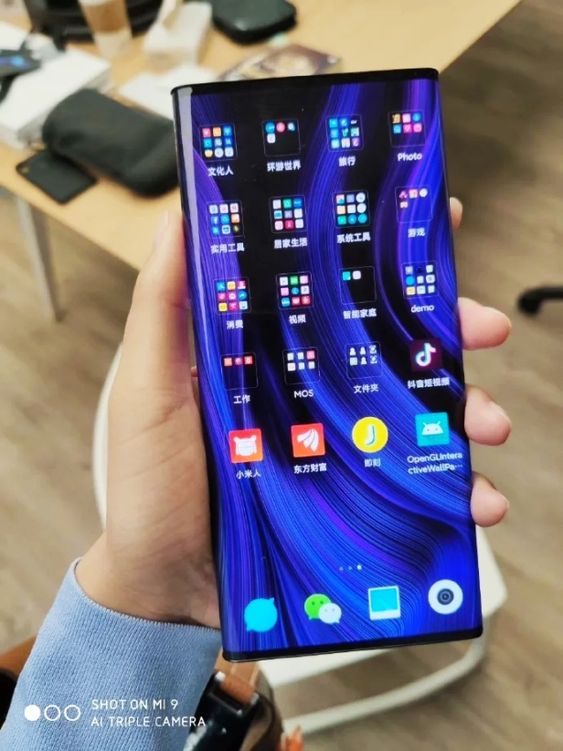5G mobile technology is emerging as a superior communication network, delivering increased speeds, reliability, and coverage.
This innovative network is fetching about the reality of the Internet of Things (IoT).
As it is able to handle significantly more devices. Although, as with any new technology, there are some disadvantages to be considered.
Here’s what we know about 5G.
Disadvantages Of 5G Mobile Technology
Obstructions can impact connectivity
The range of 5G connectivity is not as great as the frequency waves.
They are only able to travel a short distance. This setback the frequency of 5G is interrupted by physical obstructions like towers, trees, buildings, and walls.
The obtrusions will either disrupt, block, or absorb the high-frequency signals.
Initial costs for the rollout are high
The amount related to the development of 5G infrastructure to existing cellular infrastructure will be high.
This cost will be further composited by the ongoing maintenance costs needed to ensure high-speed connectivity.
Cellular operators are looking to minimize these amounts by finding alternative options in the form of network sharing.
Limitations of rural access
While 5G might bring about real connectivity for the urban areas.
Those living in rural settings will not necessarily benefit from the connection.
The 5G carriers are targeting big cities with larger populations, but it’s not likely this will be happening any time soon.
As a result, only some of the population will benefit from 5G communication.
Battery drain on devices
When it comes to cellular devices connected to 5G, it seems the batteries are not able to operate for a significant period of time.
Alongside depleted batteries, users are reporting that cellphones are getting increasingly hot when operating on 5G.
Upload speed don’t match download speed
The download speed of 5G technology is incredibly high. However, the upload speeds are rarely more than 100Mbps, which is not quite as incredible.

